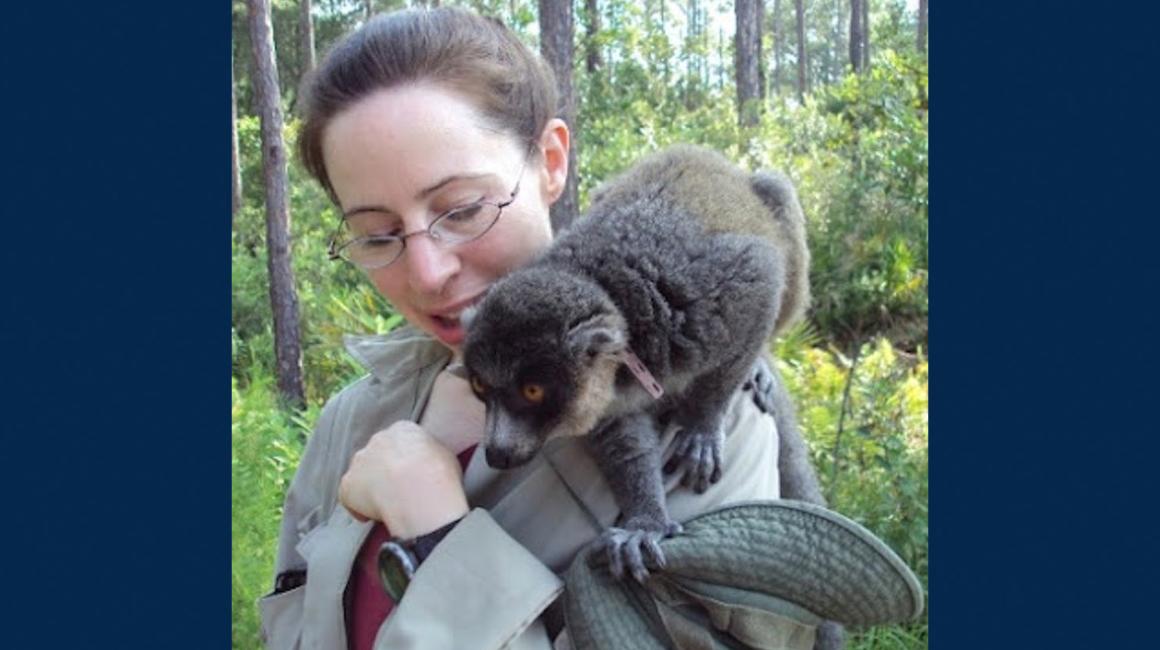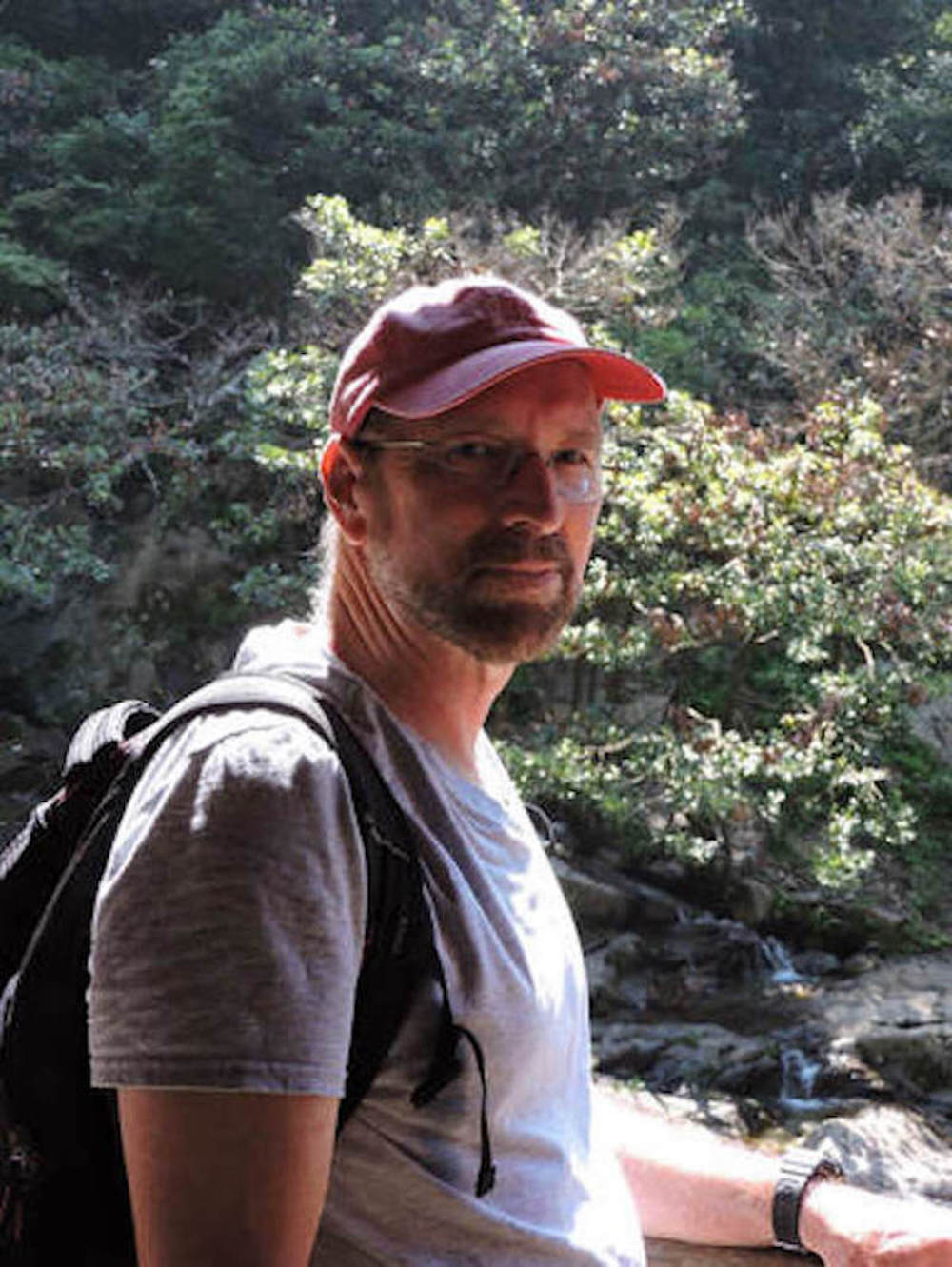
Associate Professor Francine Dolins recalls seeing a sportive lemur high in a tree in the forest in Madagascar while she was studying endangered lemur species.
Days later, when returning to the tree, Dolins, a primatologist, noticed axe marks and a hole in the trunk. The lemur was gone. “At least 30 researchers were in the forest, and yet lemurs were poached right underneath our noses — in a national forest,” she said. Upon leaving that protected area in Madagascar, Dolins also noticed the forest line had receded nearly two miles from when she entered it three months earlier due to logging for wood and for agriculture.
Dolins — a longtime advocate for primates, both human and non-human — is a dedicated educator who’s taught at UM-Dearborn for more than a decade and has students engaged in her research to better understand animal cognition, ecology and the evolutionary foundations of behavior of non-human primates, Dolins has traveled to Madagascar to study lemurs, and also Peru and Costa Rica to study New World Monkeys. Her work is recognized around the globe, most recently through a nearly $1M grant from the Templeton World Charity Foundation.
With available evidence pointing to COVID-19 coming from a zoonotic source, animal extinction increasing at an alarming rate, and environmental concerns like climate change, Dolins says she’s strengthening her stance from advocate to activist.
Dolins, along with University of Illinois at Urbana-Champaign Professor Emeritus Paul Garber, another renowned primatologist, started a subcommittee through the American Society of Primatologists, the Conservation Action Network (ASP-CAN).
Their goal is to inform the public about the primate extinction crisis and provide ways that people can take action to protect non-human primates, their habitats and the other animals who live there. Dolins has also been working with UM-Dearborn Eco Club members to highlight the issue of palm oil production in orangutan deaths and rainforest destruction.
Dolins and Garber recently spoke to the Reporter about the primate extinction crisis and why we should care.




